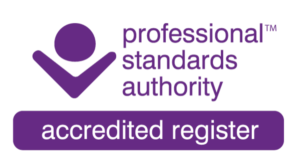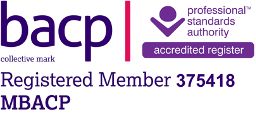RESTITUTION.LIFE


RESTITUTION.LIFE
RESTITUTION.LIFE
RESTITUTION.LIFE
RESTITUTION.LIFE
RESTITUTION.LIFE
Restitution is about restoring something to its rightful owner.
Due to challenging and changing times, with all its modern social infrastructure, it seems many men have been stripped of their masculinity which was rightfully theirs, and has left them feeling…
• Discontent
• Misunderstood
• Emasculated
Unable to fully express their true masculinity, some men have developed issues around drink and drugs, or process addictions such as gambling, shopping, internet, relationships, gaming, sex and pornography, work, or exercise.
Invariably, they would also have developed issues around being unable to cope with stress and anxiety, having low self-esteem or self-worth, relationship difficulties, cultural or social issues, lacking an identity, not having a sense of belonging and lacking emotional intelligence; lacking boundaries and being unassertive.
All of which leaves men feeling disempowered.
ABOUT ME
With over 25 years in counselling, I’ve guided countless individuals to recovery.
My personal transformative journey began when I finally admitted I needed help. False pride had held me back, but humility set me free, when I reached out. I underwent 6 months intensive rehabilitation for my drug and alcohol addiction, and am now over 28 years clean and sober and consider my main strength as working with a deep passion and belief.
Since completing rehab, I have worked as a counsellor, assessor, group facilitator, trainer and manager serving those with addictions, mental health, and forensic psychiatry.
You may be aware that changing unwanted behaviour can be difficult at the best of times, but it’s not impossible. And although only you alone can do it, you can’t do it alone. And that’s where I step in…
Working primarily from the Cognitive Behaviour Therapy (CBT) stance along with Transactional Analysis (TA), my own life experience, particularly around recovery gives me a unique perspective and a greater empathy with my clients. Coming from a non-judgemental approach, I give encouragement but also challenge clients along the way for developmental change and personal growth.
Remember. Only you alone can do it. But you can't do it alone…
25+
Years of experience
1000+
Lives Changed
HOW I CAN HELP YOU
HOW I CAN HELP YOU
HOW I CAN HELP YOU
HOW I CAN HELP YOU
HOW I CAN HELP YOU

Individual Counselling
I provide a safe and confidential space to talk, explore, learn, heal, and grow.
Through psychoeducational sessions, I can help you to understand areas of difficulty and develop resources to cope in the future. The benefits of counselling include insight, fulfilment, raised self-esteem and awareness, a positive outlook and improved relationship with oneself and others.
My main approach is based on Cognitive Behavioural Therapy (CBT), but I also draw from other theories and practices such as 12 Step facilitation and Transactional Analysis.

Alcohol and drug addiction
Having actively used alcohol and drugs for over 15 years, I fully understand the predicament that addicts find themselves. There is a continuous inner struggle of wanting and needing a substance despite knowing the negative consequences.
Depending on the extent of substance misuse, some clients may be advised to seek a medically supervised detox. This will help break the physical dependency but then attention needs to be given in breaking the psychological dependency, which is often more challenging.

Process addiction
Addiction is most associated with drugs and alcohol, but it’s possible to be addicted to just about anything, including gambling, shopping, internet, relationships, gaming, sex and pornography, work, exercise and so forth.
Although all addictions have the capacity to induce a sense of hopelessness and feelings of failure, as well as shame and guilt, recovery is possible. Seeking professional, therapeutic help, alongside group-work whether self-help or clinical is probably the best way to go about it.
In my opinion, there is no one cause of addiction. Genetic or other biological factors may contribute to vulnerability to the condition, but many social, psychological, and environmental factors have a powerful influence on addictive behaviour, as well as one’s own self-worth. All of which needs to be examined for a successful recovery.

Stress and anxiety
Alongside depression, it’s widely reported that anxiety is the most common form of mental health disorder in the UK. One of the key components of anxiety is stress. This can come through a variety of forms, such as intimate relationships, family problems, financial or work stress, illnesses, bereavement, redundancy and the like.
However, stress is a natural part of life and how we cope with it, is the key to a happier life. Awareness and resilience are taught through CBT techniques and positive psychology.

Self Esteem
From my perspective, at the heart of most issues, is low self-esteem. This is what we truly think and feel about ourselves when no-one else is around. Ultimately, how we treat ourselves gives an unconscious green light for others to treat us likewise. Hence, when someone with dysfunctional core beliefs acts these out, they will get reinforced by others and thus perpetuate the cycle. However, the cycle can be broken through education, awareness, challenging and implementing new ideas and behaviours.

Relationships
Relationships can be very rewarding but demand time and attention. They can also be very challenging as we grapple with transferences and projections. Unfortunately, some relationships can also be very abusive.
To engage in a healthy relationship, key skills need to be put in place, particularly assertiveness and boundaries. Assertiveness will allow you to voice your concerns and opinions whilst boundaries will help distinguish what is negotiable and non-negotiable behaviour and keep you safe.

Anger Management
It seems to me, this particular emotion is the biggest culprit of relapses and further angst, in almost any given situation. When expressed appropriately, anger gives people fuel to fight or stand up for themselves and have their voice heard. However, most clients may not have been taught how to express their anger, and over time, developed unhealthy ways to express it. On one end of the spectrum is being passive, allowing others to dominate or coerce them, and on the other is being aggressive. This could mean verbally or physically and often goes to add fuel to the fire.
The most appropriate and effective way of dealing with one’s anger is by being assertive. That’s the ability to own and express one’s anger in a functional and positive way.

Cultural Identity
Two fundamental human needs (amongst others) are having a sense of identity and a sense of belonging. As we develop into a more diverse world community, these issues are coming rapidly to the forefront.
Some of the issues 2nd and 3rd generation Asians face is the ‘pull’ of both eastern and western cultures and finding their balance and sense of self between the two. This part of a person’s developmental needs to be negotiated with sensitivity and clarity for healthy growth.

Emotional Intelligence (EI)
Simply put, EI is the ability to identify one’s feelings or emotions and then be able to appropriately express them. For good communication to exist, you must first be aware of your own process and what’s going on for you so that you may express yourself to the right person(s), to the right degree, in the right way at the right time and place.
If we assume the E in Emotion represents energy, then we’ll see it could read Energy in Motion. All energy needs to flow, and if it doesn’t it may become stuck, and then manifest itself in some kind of physical or psychological dis-ease; demotivation, lacking focus, depressed, irritable, feeling overwhelmed, feeling tired, weight gain, oversleeping, having sexual problems, heart problems, and the like.
All energy, especially emotions, needs to flow. And it needs to flow appropriately through placing boundaries and becoming assertive.
TESTIMONIALS
TESTIMONIALS
TESTIMONIALS
TESTIMONIALS
TESTIMONIALS
FEES
FEES
FEES
FEES
FEES
Book a free no obligation 30 minute telephone consultation,
or a 60 minute face to face session
Consultation Call
Free
30 minute call
Face to Face Session (Zoom sessions available)
£55 - £85
60 minute in person or virtual session
CONTACT
CONTACT
CONTACT
CONTACT
CONTACT
Believe nothing, no matter where you read it, or who said it, no matter if I have said it, unless it agrees with your own reason and your own common sense.
Believe nothing, no matter where you read it, or who said it, no matter if I have said it, unless it agrees with your own reason and your own common sense.
Buddha



